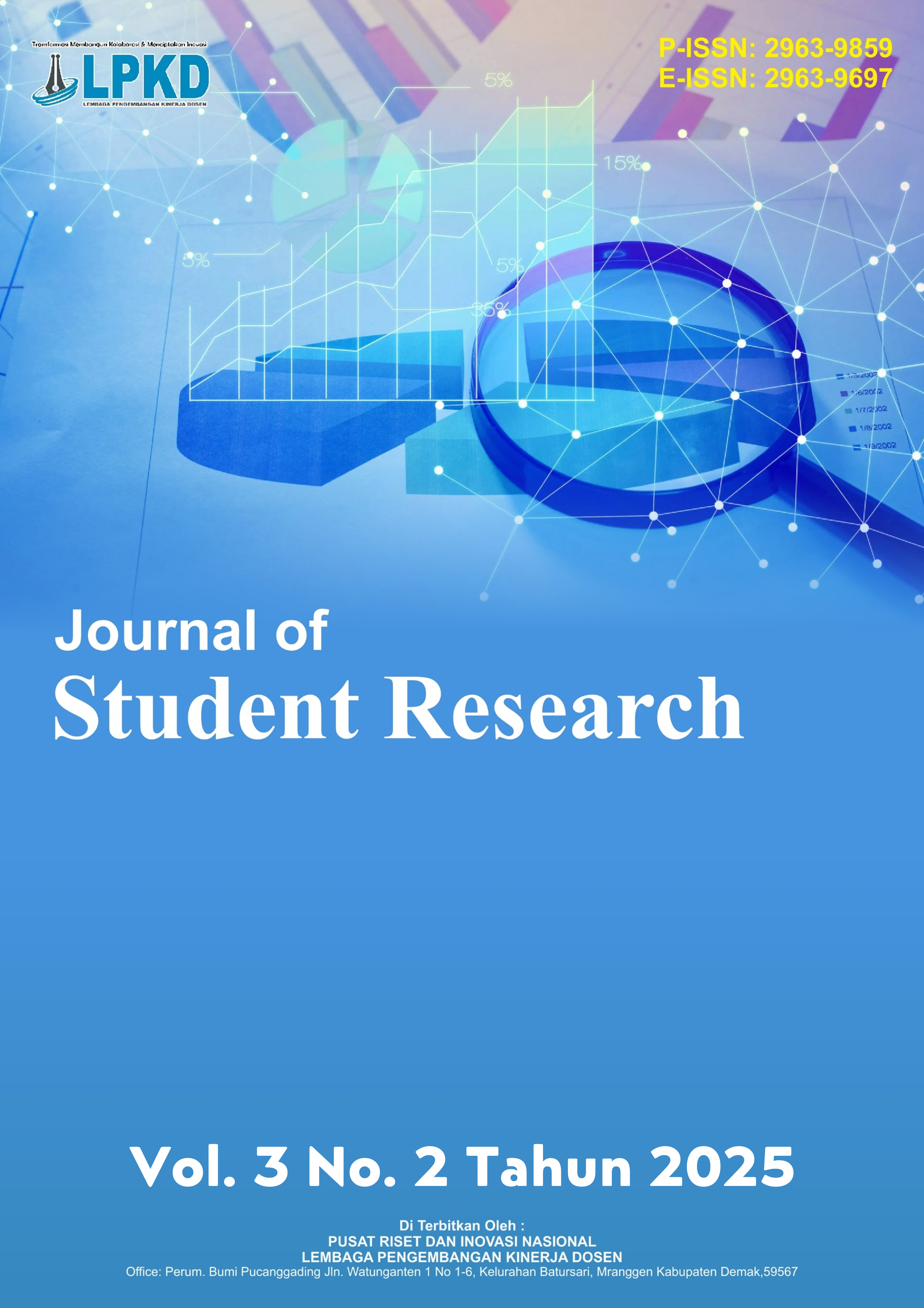Literature Review : Teori-Teori Kepemimpinan
(Modern dan Tradisional)
DOI:
https://doi.org/10.55606/jsr.v3i1.3531Keywords:
Leadership, Concepts, TheoriesAbstract
Traditional and modern leadership are two approaches with distinct characteristics and advantages. Traditional leadership is rooted in culture, customs, and values passed down through generations, where the leader's legitimacy is often based on lineage, social status, or collective recognition within the community. This model emphasizes hierarchy, authority, and stability to maintain group harmony. However, in a constantly changing era, the traditional approach is often deemed less flexible as it tends to be static and resistant to adaptation. In contrast, modern leadership emerges in response to the needs of more dynamic and complex societies and organizations. Modern leaders prioritize competence, innovation, and member empowerment, emphasizing effective communication and the ability to adapt to change. Both approaches hold unique relevance in different contexts. Integrating the positive values of traditional and modern leadership can create a more holistic model of leadership aligned with contemporary demands.
References
Ahmad, V. I. (2013). Aplikasi pendekatan situasional dalam menentukan gaya kepemimpinan efektif. Al-Hikmah.
Baharun, H. (2017). Peningkatan Kompetensi Guru Melalui Sistem Kepemimpinan Kepala Madrasah. AtTajdid: Jurnal Ilmu Tarbiyah.
Brown, M. E. Ethical leadership: A social learning perspective for construct development and testing. Organizational Behavior and Human Decision Processes, 97.
Fadhli, M. A. (2019). Model Kepemimpinan Pendidikan Islam: Transformasional, Visioner dan Situasional. Jurnal Pendidikan Islam, 105–122.
Frengkiy, M. (2020). Perbandingan Kepemimpinan Modern dan Kepemimpinan Adat Semende Desa Cahaya Alam Muara Enim. 1–23.
Khoirunnisaa, & Binti Maunah. (2021). Karakteristik Kepemimpinan Transformasional di Lembaga Pendidikan Islam Tradisional dan Modern. Managere: Indonesian Journal of Educational Management, 3(2), 149–159. https://doi.org/10.52627/managere.v3i2.124
Norhasanah. (2020). Kepemimpinan dan Keterampilan Kepemimpinan dalam Organisasi pada Pendidikan. Unsika MAB, 122–123.
Nurhalim, M. Z. (2023). Konsep Kepemimpinan: Pengertian, Peran, Urgensi dan Profil Kepemimpinan. Jurnal Pendidikan Tambusai, 2071.
Riadi, F. (2019). Kepemimpinan, Analisis Fungsi Organisasi terhadap Kinerja Pegawai (Studi Badan Pelayanan Perizinan Terpadu dan Penanaman Modal Kota Cimahi). Ekonomi dan Bisnis, 62–72.
Robbins, S. D. Perilaku Organisasi. Salemba, Jakarta. Retrieved from http://books.google.co.id/books?id=RD8tcRrWBhYC&pg=PA64&lpg=PA64&dq=teori+blanchard+dalam+kepemimpinan&source=bl&ots=ImCKjIQWbq&sig=vDFuEWcxt5mz0e6n7OiiXYgB8qM&hl=id&sa=X&ei=LGddUquzOIT5rQe7goGICQ&redir_esc=y#v=onepage&q=teori%20blanchard%20dalam%20kepemimpinan&f=false
Sahadi Sahadi, O. H. (2020). Karakter Kepemimpinan Ideal dalam Organisasi. Moderat: Jurnal Ilmiah Ilmu Pemerintahan, 519.
Suherman, U. D. (n.d.). Pentingnya Kepemimpinan dalam Organisasi. Fakultas Syariah dan Hukum UIN USG. Jurnal Ilmu Akutansi dan Bisnis Syariah.
Syahril, S. (2019). Teori-Teori Kepemimpinan. Ri'ayah: Jurnal Sosial dan Keagamaan, 210.
Downloads
Published
How to Cite
Issue
Section
License
Copyright (c) 2024 Journal of Student Research

This work is licensed under a Creative Commons Attribution-ShareAlike 4.0 International License.









